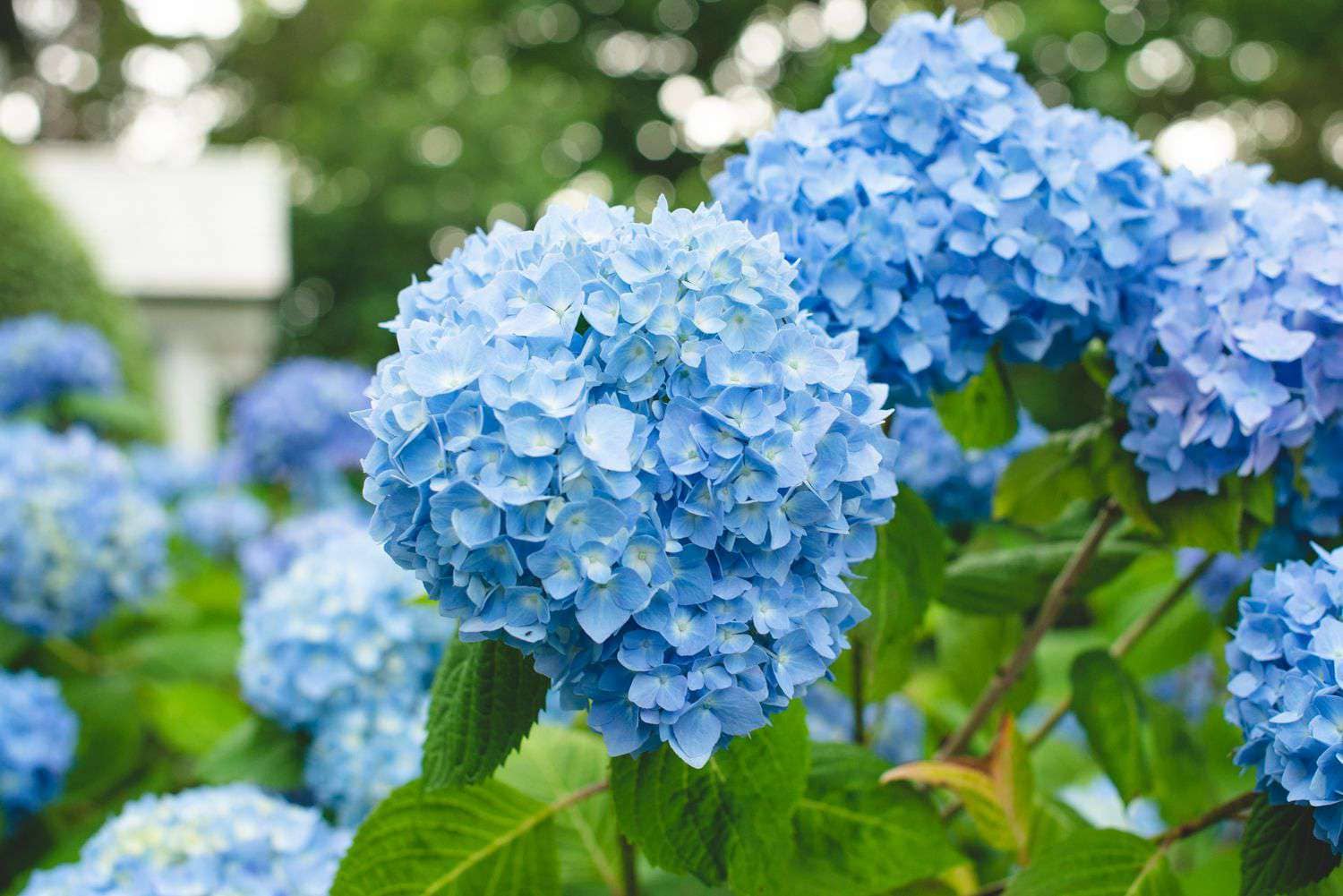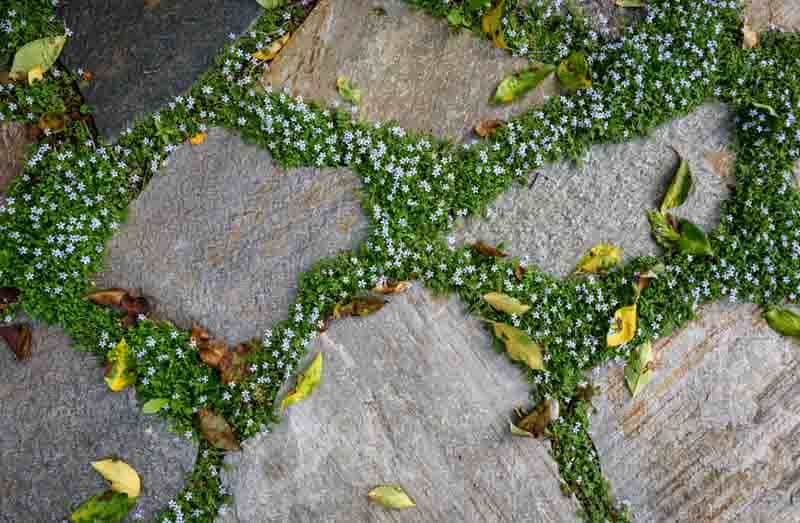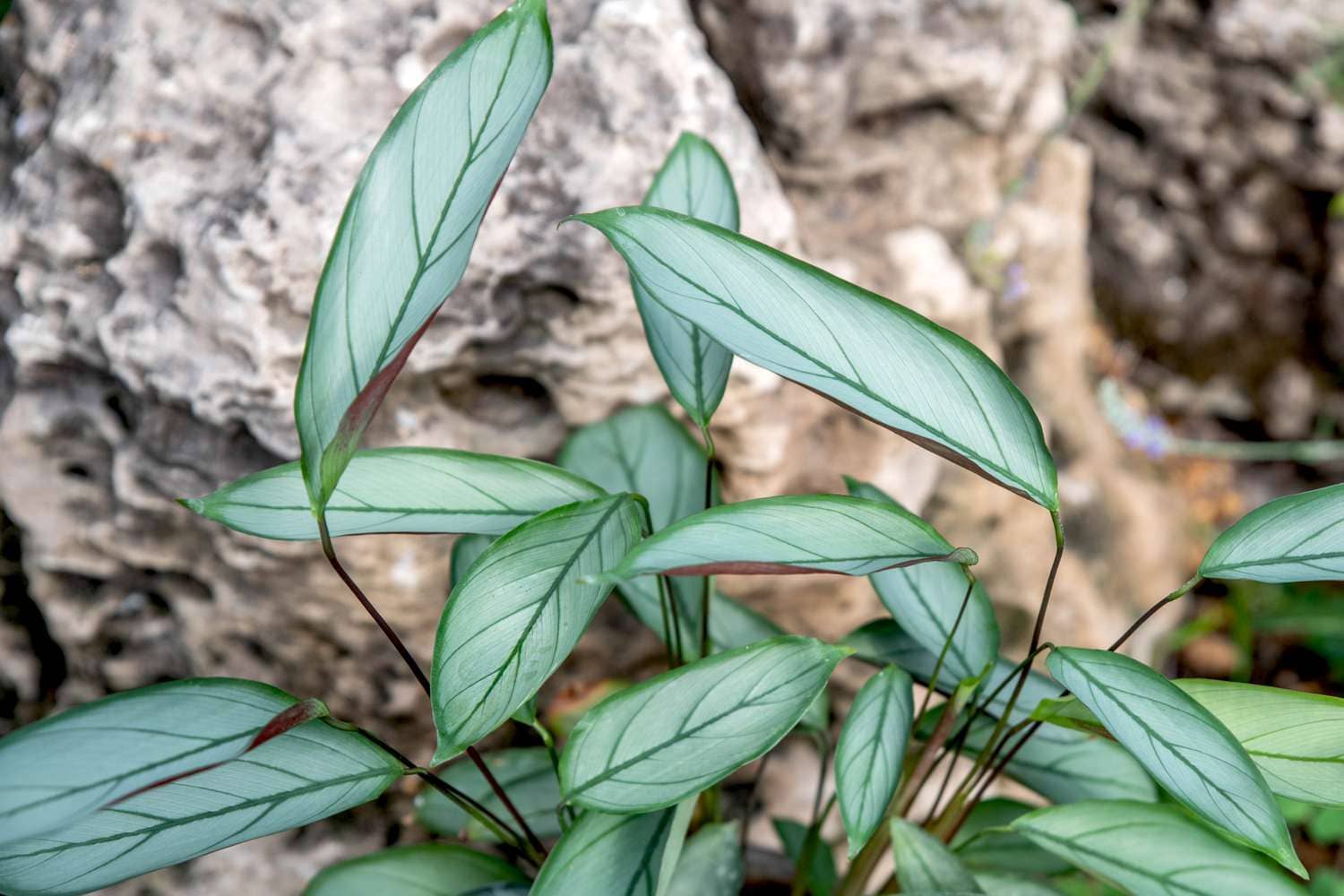Introduction
Welcome to the world of spring gardening, where nature wakes up from its winter slumber, and vibrant colors paint the landscape. In this comprehensive guide, we will delve into the art of cultivating stunning spring gardens. That will dazzle your senses and rejuvenate your outdoor space.
Planning Your Spring Garden
Choosing the Right Location
Selecting the perfect spot for your spring garden sets the foundation for success. Opt for areas with ample sunlight and well-drained soil to ensure optimal growth and blooming.
Designing Your Garden Layout
Crafting an appealing garden layout enhances the visual appeal of your outdoor space. Incorporate elements such as pathways, focal points, and varied plant heights to create depth and interest.
Essential Tools and Equipment
Digging Tools
Equip yourself with essential gardening tools like trowels, spades, and shovels to prepare the soil and plant your favorite blooms with ease.
Pruning Equipment
Invest in quality pruning shears and loppers to maintain the shape and health of your plants throughout the growing season.
Soil Preparation and Amendment
Testing Soil pH
Before planting, conduct a soil pH test to determine if any amendments, such as lime or sulfur, are needed to create an optimal growing environment for your plants.
Adding Organic Matter
Enhance soil fertility and structure by incorporating compost, aged manure, or organic mulch into the soil, promoting healthy root development and nutrient uptake.
Selecting Spring-Flowering Plants
Bulbs and Tubers
Embrace the beauty of spring with an array of bulbs and tubers, including tulips, daffodils, hyacinths, and crocuses, adding vibrant colors and delightful fragrances to your garden.
Perennials
Choose from a diverse selection of perennials like peonies, bleeding hearts, and irises to create long-lasting displays of blooms year after year.
Watering and Maintenance Tips
Watering Schedule
Establish a consistent watering schedule, ensuring plants receive adequate moisture, especially during dry spells, to support healthy growth and blooming.
Mulching
Apply a layer of organic mulch around plants to conserve moisture, suppress weeds, and regulate soil temperature, promoting overall plant health and vigor.
Dealing with Common Pests and Diseases
Natural Pest Control Methods
Combat pests and diseases using eco-friendly methods such as companion planting, beneficial insects, and organic pesticides. Minimizing harm to beneficial organisms and the environment.
Early Detection and Treatment
Regularly inspect plants for signs of pests and diseases, intervening promptly with appropriate treatments to prevent widespread damage and maintain garden vitality.
Frequently Asked Questions (FAQs)
What are the best spring-flowering bulbs for beginners?
For novice gardeners, easy-to-grow bulbs like daffodils, tulips, and crocuses are excellent choices, requiring minimal maintenance and providing stunning displays of color.
How can I extend the blooming period of my spring garden?
To prolong the flowering season, incorporate a mix of early, mid, and late-blooming plants into your garden design, ensuring continuous blooms from early spring to late spring.
Is it necessary to deadhead spring flowers?
Deadheading, or removing spent blooms, encourages plants to produce more flowers and prevents seed formation. Prolonging the blooming period and promoting a tidy appearance in the garden.
What should I do with spring-flowering bulbs after they bloom?
Allow the foliage of spring-flowering bulbs to wither naturally before removing them from the garden. This allows the bulbs to replenish nutrients for next year’s blooms.
How can I attract pollinators to my spring garden?
To attract pollinators such as bees, butterflies, and hummingbirds, include nectar-rich flowers like bee balm, salvia, and butterfly bush in your spring garden design.
How often should I fertilize my spring garden?
Fertilize your spring garden sparingly, applying a balanced fertilizer once or twice during the growing season to supplement soil nutrients and support plant growth.
Conclusion
In conclusion, cultivating vibrant spring gardens is a rewarding endeavor that brings joy, beauty, and vitality to your outdoor space. By following the expert tips and guidelines outlined in this article, you can create a stunning spring oasis that delights the senses and uplifts the spirit.





